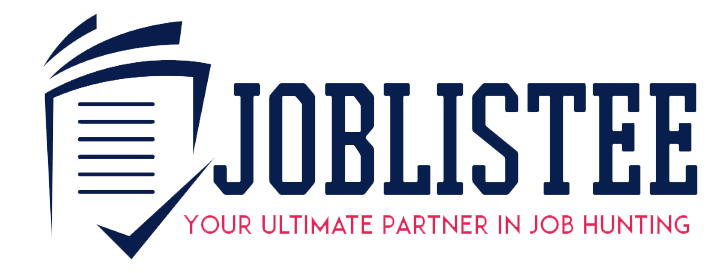
Position Summary:
The Director, Office of Industry Data and Economic Analysis is responsible for managing assessments of rail industry financial performance, investments, and policy issues, and supports DOT decision makers in advancing high-performance freight rail policy objectives and plans. Also provides oversees complex Regulatory Impact Analyses in support of Railroad Safety (RRS) and other agency regulatory actions.
Key Responsibilities:
- Coordinates analyses of market conditions and outlook for rail-carried commodities and other industries supported by the freight rail network; assesses risks and opportunities for freight railroads; supports other offices in review of applications for financial assistance, including market sustainability of proposed investments; manages activities related to the acquisition, processing, and use of the waybill sample and other rail traffic databases.
- Oversees all benefit cost and economic analysis for the agency including a) complex Regulatory Impact Analyses in support of railroad safety and other agency regulatory actions; and b) Benefit Cost reviewer for FRA and assigned DOT-wide discretionary grant programs.
- Oversees the development of data and methodology to support multimodal freight policy decisions.
- Oversees planning and support for rail safety information systems analysis, design, and development in coordination with the Office of Information Technology.
- Leads the development and administration of rail safety planning, improvement and development processes and evaluation systems, including data-driven, risk-based models.
- Leads the creation of assessments of the nation’s freight rail network performance, including: financial performance of railroads; market share; service reliability and quality; asset condition and performance; economic and community impacts; and delivery of policy goals established by Congress and the Administration.
- Advises DOT officials on rail industry by leading the production of market and data intelligence, and geographic information systems, in support of safety and development missions; coordinates FRA input on STB proceedings and activities.
- Coordinates analysis of impact of railroad mergers and acquisitions, labor-management disruptions, railroad abandonments, and other restructuring that affect the industry; assesses impact of current or proposed regulatory changes on railroad industry.
- Leads assessment of short-line (Class II and III) railroad capital investment needs and identifies opportunities for meeting those needs where economically prudent; develops policy proposals and outreach to public sector and railroads to assist in meeting needs of Class II and III railroads; supports other offices in review of applications for financial assistance from short-line railroads.
Required Education & Experience:
- This core qualification involves the ability to bring about strategic change, both within and outside the organization, to meet organizational goals. Inherent to this ECQ is the ability to establish an organizational vision and to implement it in a continuously changing environment. Leadership Competencies: Creativity and Innovation, External Awareness, Flexibility, Resilience, Strategic Thinking, Vision
- This core qualification involves the ability to meet organizational goals and customer expectations. Inherent to this ECQ is the ability to make decisions that produce high-quality results by applying technical knowledge, analyzing problems, and calculating risks.
- Leadership Competencies: Accountability, Customer, Decisiveness, Entrepreneurship, Problem Solving, Technical Credibility
- Demonstrated experience with an organization’s economic and cost benefit analyses strategies, direction, policies, procedures and practices.
- Demonstrated experience evaluating programs and policies in one or more of the following areas: regulatory development, data strategy and analytics, and or economics; and providing effective and efficient recommendations that impact strategic objectives and organizational goals.
- The following competencies are the foundation for success in each of the Executive Core Qualifications: Interpersonal Skills, Oral Communication, Written Communication, Integrity/Honesty, Continual Learning, and Public Service Motivation.

